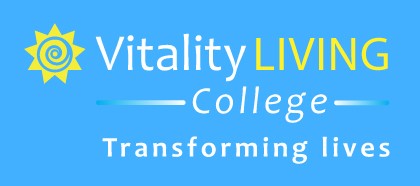EFT Tapping For Addiction: Healing The Mind, Body, And Spirit
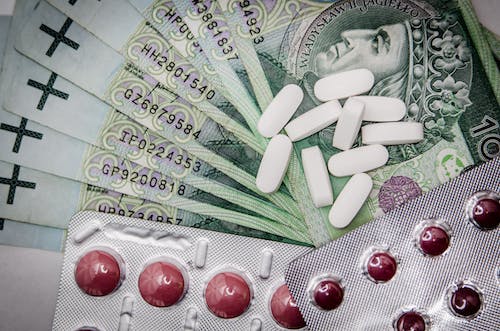
In this article, you will learn about addiction, its types, signs and symptoms, the impact of addiction, stages of addiction, and ways to overcome it with the help of EFT Tapping for Addiction.
It’s been years since you went a day without caffeine. Your doctors have warned you, but you can’t seem to stop.
Just the thought of giving it up gives you shivers.
You are an addict.
An addict is someone who finds themselves trapped in a relentless cycle of dependence on a substance, behaviour, or activity, despite its detrimental effects on their life.
Addiction, in its various forms, is a complex and multifaceted issue that can have profound consequences for individuals and their loved ones.
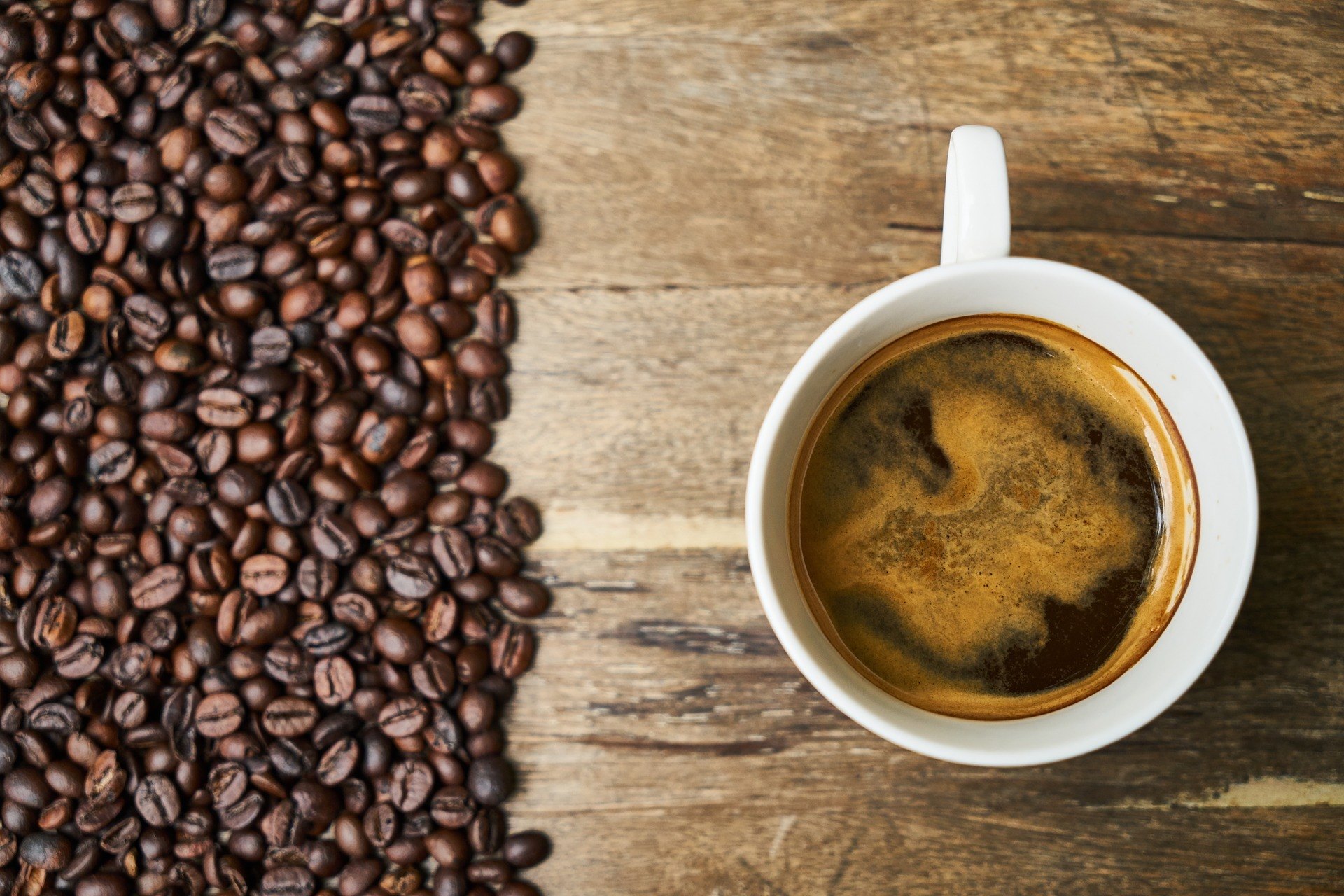
WHAT ARE ADDICTIONS?
An addiction is a condition that is the result of the uncontrollably repetitive use of a substance (alcohol, drugs, tobacco, cocaine, nicotine, caffeine), or engagement in any activity (gambling, sex, shopping) that gives you pleasure.
The journey into addiction typically begins with experimentation or recreational use. For some, it may be a way to cope with stress, physical pain, or trauma, while for others, it's a social activity or a means of escape from reality.
Soon, your intake becomes a compulsion and necessity that interferes with your daily responsibilities and hampers your work, relationships, and health.
One of the most common types of addiction is substance addiction, which involves the abuse of drugs or alcohol. These substances have powerful chemical effects on the brain, and repeated use can lead to psychological dependence.
Individuals who become addicted to drugs or alcohol often find themselves unable to control their use, even when it is causing them harm.
Initially, the substance may provide a sense of euphoria or relief, reinforcing the behaviour.
Over time, however, the brain's reward system becomes dysregulated, and individuals develop tolerance, needing more of the substance to achieve the desired effect.
TYPES OF ADDICTIONS
Following are the two major types of addictions:
1.
Addictions To Substances
- Alcohol and Tobacco
- Prescription drugs (sedatives, hypnotics, or anxiolytics like sleeping pills and tranquilizers) and Cannabis (marijuana)
- Opioids (like heroin), Cocaine, Amphetamines (like methamphetamine, known as meth)
- Caffeine
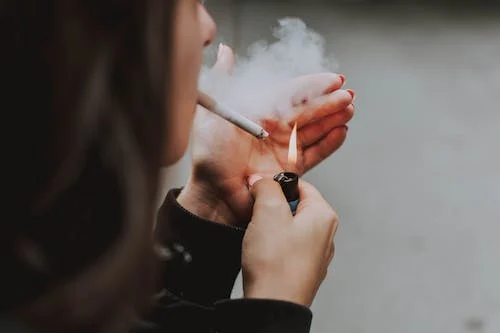
2.
Behavioural Addiction Disorders
- Impulse control disorders such as Kleptomania (compulsive stealing) and Pyromania (compulsive setting of fires)
- Gambling, sex/pornography, video games/computers/Internet, shopping, social media
- Working, exercising, and eating
- Self-harm
What all forms have in common is the way they hijack the brain's reward and pleasure centres. In a healthy brain, these areas respond to natural rewards like food, sex, and social interaction.
However, addictive substances and behaviours can flood these regions with dopamine, a neurotransmitter associated with pleasure and reward.
This flood of dopamine creates an intense feeling of euphoria, reinforcing the addictive behaviour.
"There are all kinds of addicts, I guess. We all have pain. And we all look for ways to make the pain go away"
Sherman Alexis
SIGNS AND SYMPTOMS OF ADDICTIONS
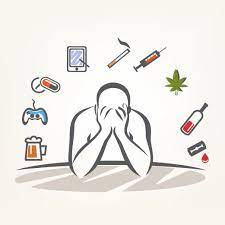
Symptoms of addiction can vary depending on the specific substance or behaviour, but there are common signs and symptoms associated with most forms of addiction:
Cravings: An intense desire or need for a substance or behaviour, often leading to uncontrollable urges.
Loss of Control: The inability to control the amount or frequency of substance use or behaviour, often resulting in consuming more or engaging in the behaviour for longer periods than intended.
Tolerance: Increasingly needing more of the substance or behaviour to achieve the desired effect or experiencing diminished effects with the same amount over time.
Withdrawal Symptoms: Experiencing physical or psychological symptoms when the substance or behaviour is reduced or stopped. Withdrawal symptoms can be highly uncomfortable and are a driving force behind continued use.
Neglect of Responsibilities: Failing to meet obligations at work, school, or home due to preoccupation with the addiction.
Loss of Interest: A diminished interest in activities and hobbies that were once enjoyable.
Continued Use Despite Harm: Using the substance or engaging in the behaviour despite being aware of its negative physical, psychological, or social consequences.
Failed Attempts to Quit: Repeatedly trying to quit or cut back on the substance or behaviour but being unable to do so.
Deception and Secrecy: Hiding the extent of the addiction from friends and family, lying about it, or engaging in secretive behaviour to support the addiction.
Social and Interpersonal Problems: Strained relationships with friends and family, conflicts at work, or withdrawal from social activities due to addiction.
Preoccupation: Spending a significant amount of time thinking about, obtaining, using, or recovering from the substance or behaviour.
Loss of Behavioral Control: Engaging in risky or impulsive behaviours while under the influence or to support the addiction.
WHAT ARE THE STAGES OF ADDICTION?
Understanding the stages of addiction is vital for early intervention and effective treatment. Ignoring the signs and allowing addiction to escalate can have severe consequences, not only for the individual but also for their loved ones.
These stages are particularly critical when dealing with the use of harmful substances like drugs or alcohol.
The journey through addiction typically encompasses five stages:

1.
Experimentation
Addiction often begins innocently with experimentation.
It can be as simple as trying a cigarette, taking the first sip of alcohol, or using a substance for recreational purposes.
Only a few individuals initiate substance use with the intention of becoming addicted; usually, it's peer pressure or curiosity that drives this initial stage.
Sometimes, individuals in emotional distress may turn to substances to seek relief. If the substance provides the desired relief or pleasurable sensations, the urge to continue using intensifies.
2.
Regular Use and Abuse
As experimentation progresses, some individuals move into regular use and abuse. At this stage, substance use becomes a pattern in their existence.
While they may still function adequately, the substance has now become a routine part of their daily activities. Signs of addiction may not be obvious, but they are present.
The individual is increasingly reliant on the substance to feel good or cope with stress.
3.
Risky Use
This stage is difficult to determine because what one person considers risky, another might perceive as normal behaviour.
However, as substance use escalates, individuals often engage in dangerous behaviours.
For instance, they might drink and drive under the influence, increasing the risk of accidents.
During this stage, the person requires intervention and treatment options to break free from the dangerous cycle before addiction becomes firmly established.
4.
Dependence
Dependence marks a critical turning point. During this stage, the individual relies on a dangerous amount of these substances, to feel good.
Their behaviour undergoes drastic and reckless changes. They may prioritise obtaining and using the substance above all else, often neglecting responsibilities and relationships.
These individuals require substance use treatment to address their dependency and prevent addiction from progressing further.
5.
Addiction
Addiction is the culmination of the preceding stages. At this point, the individual's ability to control their substance use is severely compromised.
Addiction is a state where the person is no longer in control of their actions. It becomes a pervasive and all-consuming force in their life.
It is a complex and challenging condition that can have devastating effects on an individual's physical and mental health, as well as their relationships and overall well-being.
They experience intense cravings and compulsions to use, making it nearly impossible to quit without professional help.
Breaking free from addiction often requires professional treatment and support. It's important to recognise the signs and stages of addiction early to facilitate timely intervention and increase the chances of a successful recovery process.
IMPACT OF ADDICTIONS
The impact of addiction on an individual's life is profound and far-reaching, affecting various aspects of their physical and mental well-being.
Addiction's detrimental effects extend to the nervous system, causing significant harm and impairments.
1.
Nervous System Disruption
Addiction, whether to substances like drugs or alcohol or behavioural addictions, takes a toll on the nervous system. Prolonged substance abuse can disrupt the normal functioning of the nervous system.
It interferes with the transmission of signals between nerve cells, leading to impaired cognitive functions and emotional regulation.
This disruption contributes to the cycle of addiction, making it challenging for individuals to break free.
2.
Physical Health Consequences
The impact of addiction on the nervous system can result in severe physical health consequences. Chronic substance abuse can damage nerve cells and affect vital bodily functions.
For example, excessive alcohol consumption can lead to peripheral neuropathy, a condition characterized by numbness and weakness in the limbs due to nerve damage.
3.
Mental Health Challenges
Addiction often stems from underlying mental health issues, such as anxiety, depression, or unresolved trauma. These negative thoughts and feelings can exacerbate addiction, creating a self-perpetuating cycle.
Thus, individuals use substances or engage in addictive behaviours as a way to cope with their emotional struggles.
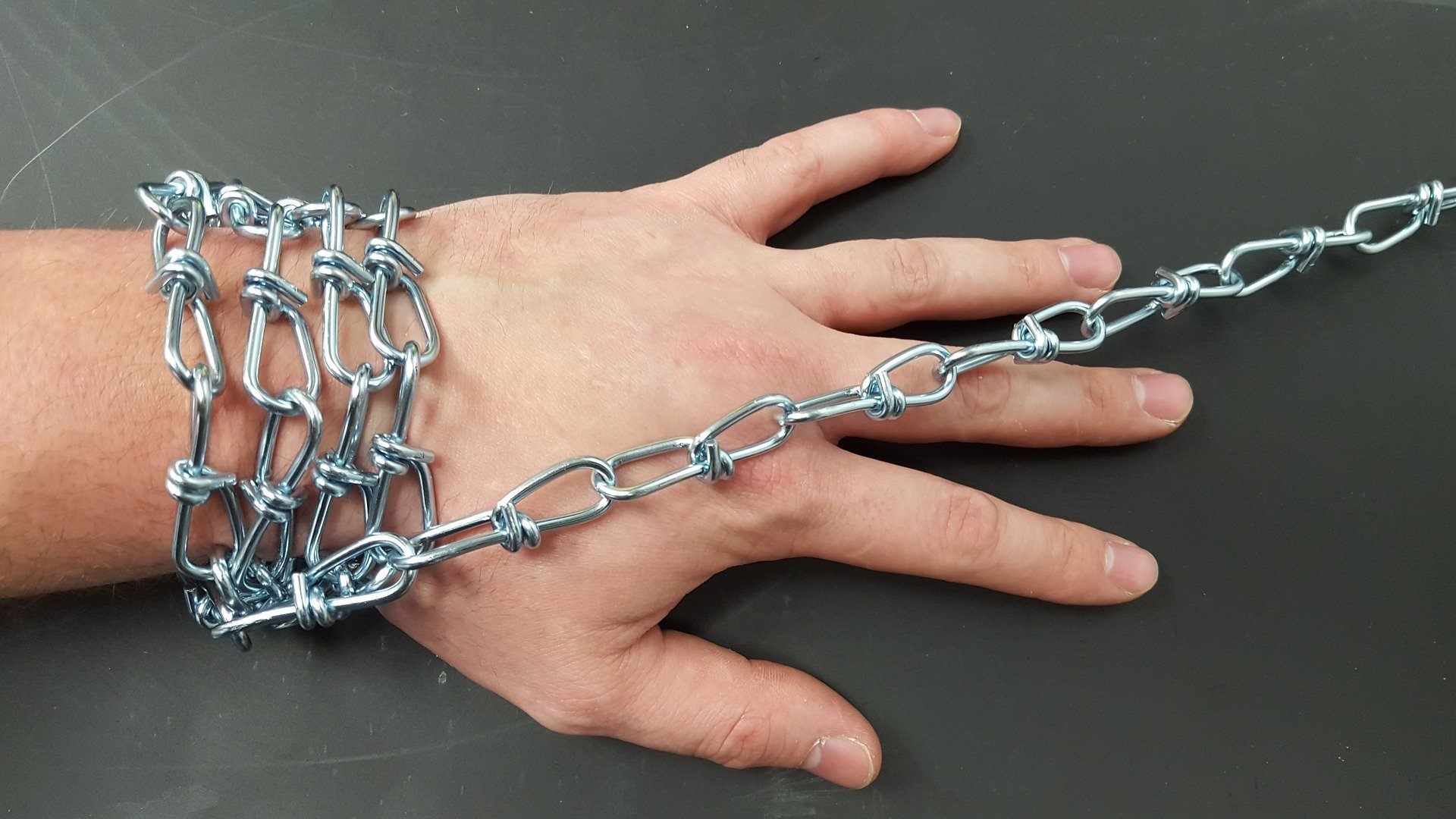
4.
Anxiety and Anger
Individuals grappling with addiction commonly experience heightened levels of anxiety and anger. These emotions can be both triggers for addiction and consequences of it.
Anxiety may drive individuals to seek solace in addictive substances or behaviours, while anger may result from the psychological distress caused by the addiction itself or the consequences it brings.
5.
Impact on Dietary Habits
Food is another area where addiction can exert a significant impact. Some individuals with addiction issues may develop unhealthy relationships with food, leading to overeating or undereating.
The nervous system's dysfunction can disrupt hunger and satiety cues, making it difficult to maintain a balanced diet.
6.
Escalating Health Risks
The impact of addiction on the nervous system contributes to escalating health risks.
Whether it's through the neurotoxic effects of certain substances or the emotional turmoil that accompanies addiction, individuals face a heightened risk of various health conditions.
These can range from cardiovascular problems to gastrointestinal issues, all stemming from the nervous system's compromised state.
WHY IS IT DIFFICULT TO OVERCOME ADDICTIONS?
Overcoming addiction is challenging for several reasons:
Neurochemical Changes: Addiction alters brain chemistry, leading to cravings and compulsive behaviour. This makes it difficult for individuals to control their impulses.
Withdrawal Symptoms: Many substances and behaviours associated with addiction produce unpleasant withdrawal symptoms when discontinued. These symptoms can be physically and emotionally distressing, making it challenging to quit.
Psychological Dependence: Addiction often involves a strong psychological dependence. The substance or behaviour may serve as a coping mechanism for stress, anxiety, or emotional pain. Finding alternative coping strategies can be daunting.
Environmental Triggers: The environment can be a powerful trigger for addictive behaviour. Places, people, or situations associated with substance use or addictive behaviours can reignite cravings.
Social and Peer Pressure: Social circles that encourage or normalize addictive behaviours can make it difficult to quit, as individuals fear losing social connections.
Co-Occurring Mental Health Issues: Many people with addiction also have co-occurring mental health disorders. Treating both conditions simultaneously is complex.
Relapse: Relapse is common in addiction recovery and can lead to feelings of failure. However, relapse is often part of the recovery process.
Stigma: Stigma surrounding addiction can deter individuals from seeking help, making it even more challenging to overcome.
Successful addiction recovery typically involves a combination of professional treatment, support from loved ones, and a strong commitment to change.
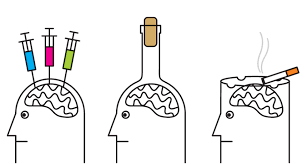
DEFEAT ADDICTION WITH EMOTIONAL FREEDOM TECHNIQUE
Addictions can range from something as simple as a craving for a cup of coffee or more complex, like dependence on drugs or substances.
Overuse of any substance can be detrimental to physical health and in some situations, sadly, can even lead to death. In severe cases, there can also be underlying psychological distress that can also lead to addictions.
You can identify the emotions underlying your addictive behaviour using EFT Tapping.
Emotional Freedom Techniques (EFT), also known as tapping, is a therapeutic technique that involves tapping on specific acupressure points and energy points on the body while focusing on the issue or emotion you want to address.
Clinical studies show that EFT has been used to help manage various conditions, including addiction (1).
HOW TO USE EFT TAPPING FOR ADDICTION?
EFT Tapping for addiction is a clinically proven therapeutic method. Since addictions are extremely common and difficult to let go of, there are certain EFT Tapping points to help you overcome these negative, harmful habits (1).
Take a Quick Temperature Check
Begin by identifying the triggers and emotions associated with your addiction.
Identify and explore more about what triggers your addiction to smoking or drinking, by asking the following questions:
What makes you feel like consuming drugs?
When did you first feel like you were getting addicted to it?
What happened, to make you feel this way?
Would you stop consuming drugs, if you could?
Measure the Intensity of Addiction
Before you begin tapping, rate the intensity of the craving or emotion on a scale of 0 to 10.
Measure the level of the addiction by asking, "On a scale of 1 to 10, what number is the addiction at, where 10 is high and 1 is not high at all."
Tap on the Side of Your Hand
Develop a specific tapping statement that acknowledges the emotion or craving you're experiencing. Start tapping on the side of your hand and repeat the following statement,
“Even though I feel the need to consume drugs and I can feel it in my ….. and it's at a number ….. and it makes me feel ….., I deeply and completely accept myself."
Repeat this 3 times.
Tap on the Upper Body and Facial Tapping Points
There are several key acupressure points to tap. You can tap with your fingertips using gentle but firm pressure while repeating your tapping statement.
Start tapping on the upper body, facial, and finger-tapping meridian points:
Eyebrow: I feel like consuming drugs because …..
Side of the Eye: I feel it in my …..
Under the Eye: It's at a number …..
Under the Nose: It makes me feel …..
Chin: It's in my ….. at a number …..
Collarbone: It makes me feel ….
Under the Arm: So ….
Thumb: So ….
Index Finger: I feel like consuming drugs because …..
Middle Finger: I feel it in my …..
Little Finger: So ….
End the Sequence
Go through the tapping sequence while repeating your statement several times.
End this sequence by tapping on the side of your hand again,
“Even though I feel the need to consume drugs and I feel it in my ….. and it's at a number ….. and it makes me feel ….., I deeply and completely love and accept myself."
Repeat this only once.
As you tap, try to tune into your emotions, cravings, and sensations associated with the addiction.
Take a Deep Breath
Now, take a deep breath and sip some water.
Test Yourself
After a few rounds of tapping, stop and rate the intensity of your craving or emotion.
Test the intensity for yourself or your clients by asking,
“What intensity is this the urge to consume drugs at?”
If it has reduced to a level, you feel happy with, you can stop.
Ideally, it should decrease. If it hasn't, you can modify your statement or focus on specific aspects of the addiction or related emotions.
Professional Guidance
Consider working with a trained EFT practitioner or therapist who specializes in addiction to ensure you're using tapping effectively.
Side Note: Addictions can be very debilitating. They can affect your work, your family, your relationships, and your daily mental space. Use the 7 steps above to free yourself of your addiction.
EFFICACY OF EFT TAPPING FOR ADDICTION
A 2013 pilot study was conducted on 39 adults who self-identified their addiction issues. They examined the effects of EFT (Emotional Freedom Techniques) on psychological symptoms in addiction treatment (2).
The study revealed a significant reduction in psychological distress and concluded EFT Tapping is a crucial addition to addiction treatment plans (2).
TESTIMONIALS

I gave up Chocolate and Biscuit Cravings...
Just a quick email to thank you for a fantastic day. I learned so much and feel very positive. Still, no Galaxy (a Chocolate bar) and I feel in CONTROL of that. I don’t even want hot chocolate, which is what I normally go for if I’m trying not to have a bar of chocolate. I have come home and done all the work I have been putting off, with regards to my website and I did not even think about it. I am so happy that after just 1 day of EFT training, I feel so good. I feel in control and I feel better!!
Emma Voss // Business Owner and Working Mom (UK)
WHAT ARE SOME OTHER WAYS TO OVERCOME ADDICTION?
Defeating addiction is not just a problem of willpower. It involves changing your body, mind, and life.
You must create a new program for your brain to understand, that is as pleasurable and relaxing as the feeling while engaging in the addictive activity, so it can replace the addiction programs of the brain.
Here are some of the ways to help you overcome your addiction:
1.
Convince Yourself
Very often, we fall back on meeting our goals because of a lack of conviction. If you're convinced you want to achieve something, the likelihood that you will achieve it is much higher.
Thus, just by knowing in your heart you want to kick your addiction, you greatly increase your chances of getting there!

Try This Exercise:
- Write down 100 ways in which your addiction affects your emotions, your professional life, and those around you.
- These are your 100 reasons to gain freedom from your addiction.
- Read these 100 reasons daily to reinforce your motivation to work towards ridding yourself of your compulsive habits.
2.
Develop An Outcome-Focused Goal
Often, even if you know what you want to do and why you want to do it, it helps to have it worded succinctly for you to be able to repeat it to yourself whenever need be.
Start by identifying the most important reason you want to be free from your addiction.
Then, think about how this reason affects you.
Now, make this one sentence – this is what you want to defeat.
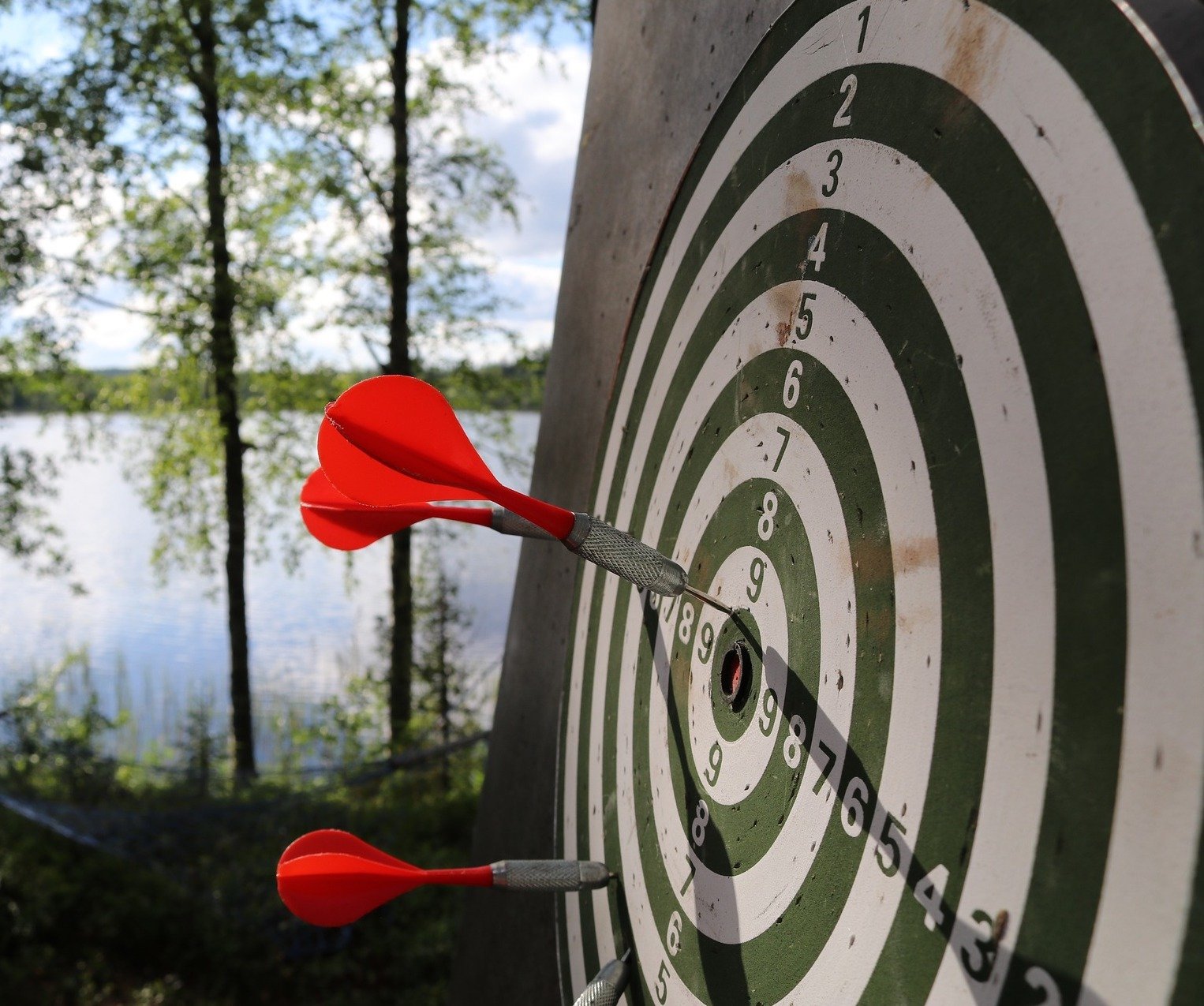
For example, a client of mine wanted to quit smoking weed. Her most important reason was to stop her clothes from smelling of weed.
When I asked how it affected her, she said, “The smell of my clothes perpetually makes me feel nauseated. All of this really impacts my self-perception.”
When I asked how getting rid of all these effects would feel she said, “I would feel so proud of myself that I did it and that I am no longer controlled by smoking weed.” And this became her goal – “To feel proud of myself and be in full control of my actions.”
Eventually, she was able to kick her addiction and doesn't feel the need to smoke anymore!
What is important is that the goal must be phrased in the positive. For example, if her goal had been “To not smoke weed every day”, she wouldn't have had the motivation to work towards it.
Since her goal was worded to emphasize the goodness of not smoking, she found the courage to free herself from this compulsion.
3.
Cultivate Pleasurable Feelings Consistently

When working towards gaining freedom from addiction, remember what this freedom makes you feel.
When you keep in mind how achieving your goal will make you feel, you will be more motivated to keep up your momentum.
When I asked the same client of mine how she felt after her clothes stopped smelling like weed, she replied, “Top of the world!”
Since the smell of the weed was a constant reminder of her addiction, the lack of smell made her feel free and amazingly self-confident.
CONCLUSION
While addictions can range from something as simple as coffee to life-threatening substances like drugs or alcohol, you still have a chance to free yourself from them now.
EFT Tapping for Addiction can not only help you overcome your unhealthy habit, but you can also become a qualified EFT practitioner and help others overcome their addictions to feel healthier and happier.
Support from loved ones is also crucial for recovery from addictions. Families and friends can play a significant role in providing emotional support, encouragement, and understanding throughout the process.
Love,
Dr Rangana Rupavi Choudhuri (PhD)
P.S. Want to discover if EFT is right for you? Book a Complimentary Discovery Call.
In summary, addictions are not just bad habits, people seek comfort in those habits and their brain is wired to make them feel good. Addiction is a complex and deeply ingrained issue, but recovery is possible. It often involves addressing not only the physical aspects of dependence but also the underlying psychological and social factors that contribute to this problem. With the right treatment like EFT Tapping for addiction, support, and determination, individuals can break free from this cycle of addiction and rebuild their lives.
References:

Learn Emotional Freedom Techniques for self healing or to become professionally qualified - More
Our other seminars:
For the full calendar of events.
Other articles you may be interested in:
